|
|
|
|
It has been 10 years since Côte d’Ivoire, with the help of the United Nations, commenced a process of building peace after a nine-year war. The process involves a disarmament, demobilisation and reintegration exercise as well as a transitional justice programme. Although the country has not returned to war, elections in 2018 and 2020 were marred by violence and many Ivorians say more needs to be done to unite the country. Jessica Moody unpacks why many are dissatisfied with both types of post-conflict programme.
When we hear the acronym ADHD, many parents and teachers have long-held stereotypes of a disruptive boy who struggles to stay still and keep on-task. But it’s important to know ADHD — attention deficit hyperactivity disorder — affects girls too. And as Rachael Murrihy explains, it can affect them differently.
|
Wale Fatade
Commissioning Editor: Nigeria
|

|
|

Social reintegration and personal reconciliation should be paramount in post-conflict Cote d'Ivoire
Issouf Sanogo/AFP via Getty Images
Jessica Moody, King's College London
Based on the Cote d'Ivoire experience, the United Nations must reconsider its emphasis on coordinating reintegration and transitional justice irrespective of the post-war context.
|

Shutterstock
Rachael Murrihy, University of Technology Sydney
A better understanding of ADHD in girls will enable earlier recognition, diagnosis and, importantly, treatment for girls, than currently exists.
|
Environment + Energy
|
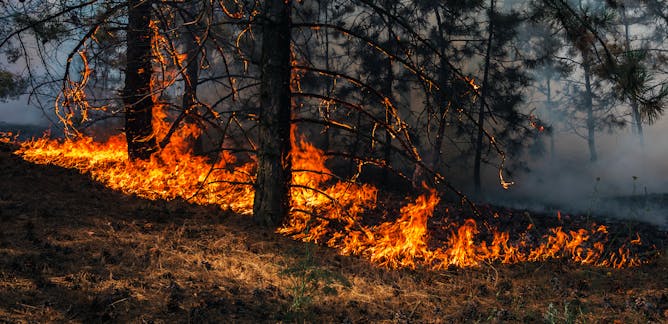
Mark Maslin, UCL
A future of heat and strife or humanity’s finest hour – our response to climate change today will define the 21st century.
| |
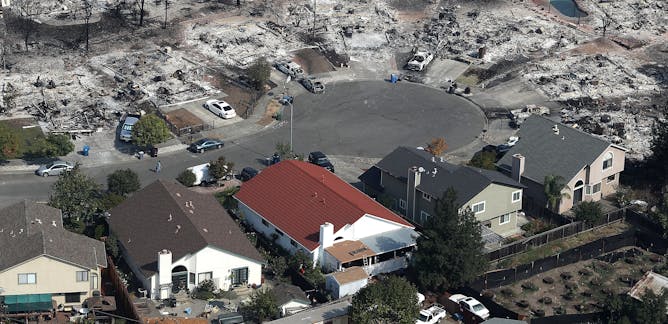
Andrew J. Whelton, Purdue University
An increasing number of communities are discovering dangerous contamination in their water systems weeks or months after fires.
|
|
|
Health + Medicine
|
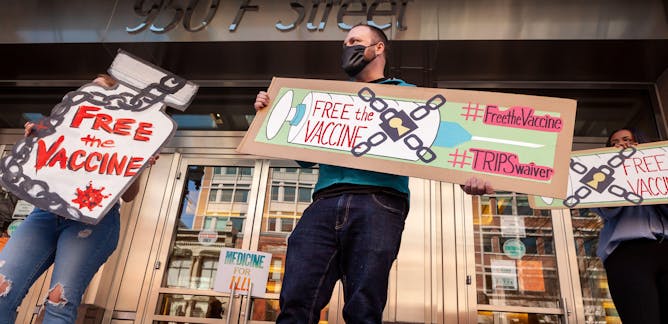
Farasat Bokhari, University of East Anglia
It's not clear whether the TRIPS agreement is what's getting in the way of vaccine supply, and waiving intellectual property rights may stifle future innovation.
| |

Tim Moss, Monash University
Warnings of an end to human sperm production have been making headlines recently, now with the added threat of shrinking penises. Is this science or sensationalism?
|
|
|
Politics + Society
|

Kwasi Konadu, Colgate University
As the US debates reparations for descendants of slavery, cases in Africa help illustrate the limits of programs focused solely in financial restitution.
| |

Evert Kleynhans, Stellenbosch University
Following the war, the South African authorities were anxious to charge known war criminals, traitors and collaborators. But nothing came of it.
|
|
|
En Français
|
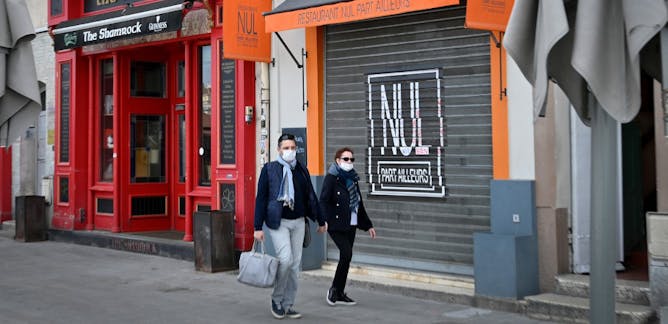
Mircea T. Sofonea, Université de Montpellier
Alors que la première phase du troisième déconfinement est entamée, à quoi faut-il s’attendre dans les semaines et mois à venir, en matière de tension hospitalière notamment ?
| |
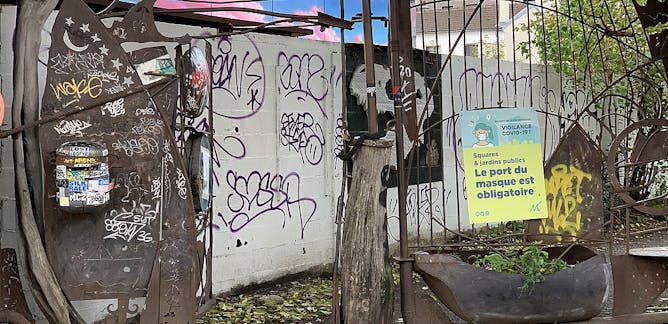
Sylvain Wagnon, Université de Montpellier; Delphine Patry, Université de Caen Normandie; Mathieu DEPOIL, Université Paul Valéry – Montpellier III
C'est dans les années 1930 que l'idée du terrain d'aventure pour enfants a émergé, en opposition avec l'aire de jeux classique. Une nouvelle vague d'initiatives fleurit aujourd'hui.
|
|
|
En español
|
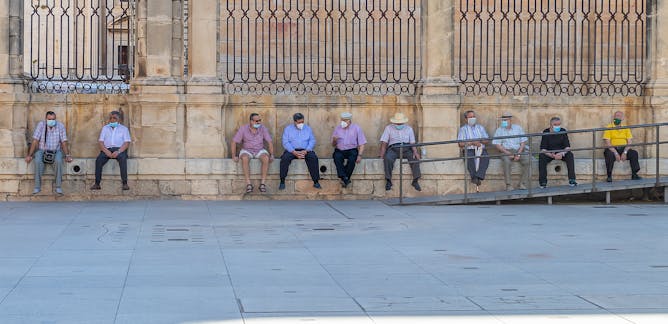
Salvador Peiró, Fisabio
La respuesta es simple: no lo sabemos. Estamos en una carrera de velocidad entre la vacunación y un posible repunte. Y el resultado es incierto. Ahora el mayor riesgo es que los mayores contagien a los jóvenes.
| |
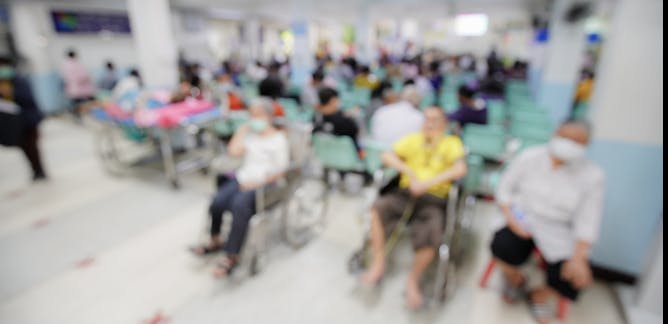
Bárbara Luque Salas, Universidad de Córdoba; Carmen Tabernero Urbieta, Universidad de Salamanca; Naima Z. Farhane Medina, Universidad de Córdoba; Rosario Castillo-Mayén, Universidad de Córdoba
La investigación médica ha mirado a las mujeres "como si fueran hombres" ignorando sus problemas y enfermedades específicas, para centrar casi exclusivamente el estudio en la salud reproductiva.
|
|
|
| |
| |
| |
| |
| |
| |
|
|
|
|
|
|
|